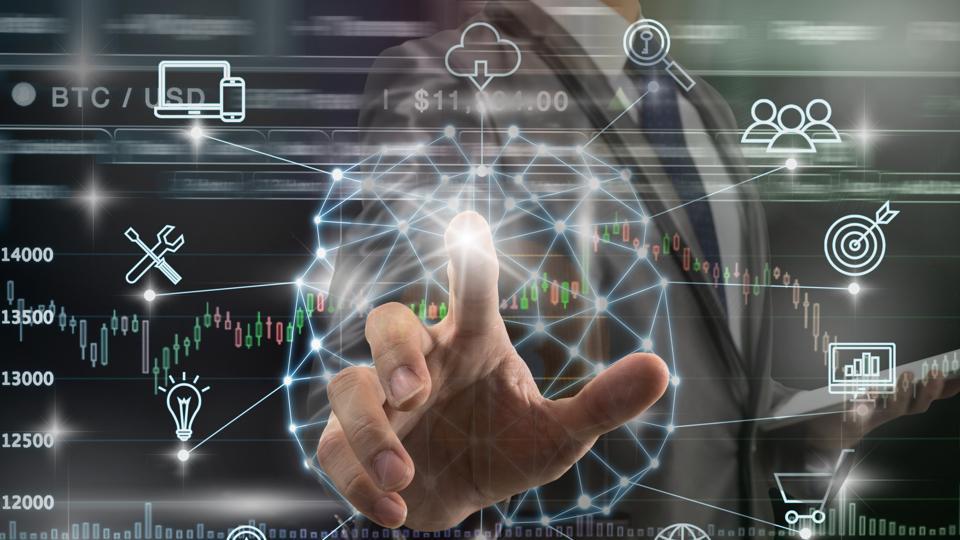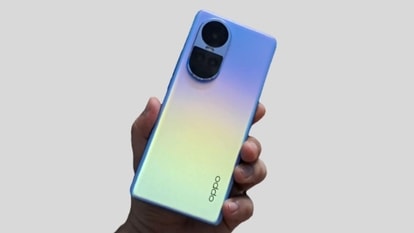World Internet of Things Day 2019: IoTs are becoming big but so are privacy risks
World Internet of Things Day 2019: Gartner estimates there will be 14.2 billion connected things in use by end of this year. By 2021, it’s expected to reach 25 billion


Internet of Things (IoTs) can be best defined as the technology that adds "smart" to day-to-day appliances. From Amazon Alexa-powered smart speakers to Wi-Fi-enabled smart fridges, IoTs are becoming increasingly popular in India.
According to 'IoT India Congress 2018', India's Internet of Things market will be worth $9 billion by 2020. The adoption of IoT technology is set to increase in all major sectors including telecommunications, health, agriculture, automobiles and home.
Nasscom is more bullish on the prospects of IoTs in India as it predicts the segment will hit $15 billion by 2020. Globally, Gartner estimates there will be 14.2 billion connected things in use by end of this year. By 2021, it's expected to reach 25 billion. IDC sees the sectors realizing the potential of the technology as the global spending on IoTs is expected to hit $1.2 trillion by 2022.
Evidently, there's a growing interest in the IoT sector. Among several challenges that the IoTs face, privacy ranks to the top. According to an Accenture report, IoTs in healthcare segment has become hot target for cyber criminals.
"There are definite privacy issues associated with IoT right now. The end user interacts with hardware, with recent instances of the devices recording and transmitting data without user consent. This data is eventually being transferred and stored in remote servers, open to interception during transmission. Additionally, all the devices are interconnected to a single interface/network, thereby putting the entire system at risk if a single device is hacked," said Rishabh Maheshwari, COO and co- founder at WaveCharge, an IoT company.
ALSO READ: Rivals Intel, ARM to work together to push Internet of Things
PN Sudarshan, Partner, Deloitte India, calls for securing the massive amounts of data produced by IoTs in real-time. According to Sudarshan, all major stakeholders in the industry including device manufacturers, platform software providers and application developers need to address this problem.
"At the foremost, collection, transmission, and storage of data from the edge devices to the cloud based systems have to be in a secure manner to prevent unwarranted breaches. Design and architecture of IoT systems and applications in a secure manner, continuous monitoring of the devices and applications for vulnerabilities, and compliance towards the necessary data privacy regulations are some of the key aspects related to security and privacy," he added.
Experts believe cutting-edge technologies such as machine learning can help protect IoTs and their data. They also call for government regulations for such niche devices.
"Machine learning will play an important part to teach devices to pick up human cues better and avoid recording/transmitting personal data. Companies with access to huge consumer databases, like Google and Amazon need to maintain stringent data protection policies. Government privacy laws and regulation have a huge role to play, particularly to ensure compliance from private entities. The recent EU judgement, is a good example of the government and corporations working in tandem to protect user privacy," added Maheshwari.
ALSO READ: Microsoft, BMW unveil Open Manufacturing Platform
"It is important to adopt a holistic approach toward security and privacy of IoT devices in the connected ecosystem. It's a continuous process, which starts right during the design and architecture phase and continues throughout the lifetime of the devices and applications through ongoing monitoring and testing for potential threats and vulnerabilities," said Sudarshan.
He further explained, "Methods such as penetration testing can be used to test for any potential flaws. Such testing can happen at device, firmware, embedded software, platform, and application level. Also, building strong governance mechanisms around data security and privacy in identifying and securing data would help in improving the security and prevent unwanted breaches."
Catch all the Latest Tech News, Mobile News, Laptop News, Gaming news, Wearables News , How To News, also keep up with us on Whatsapp channel,Twitter, Facebook, Google News, and Instagram. For our latest videos, subscribe to our YouTube channel.


























